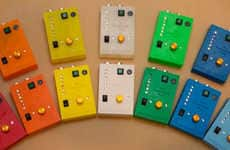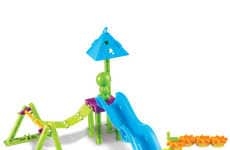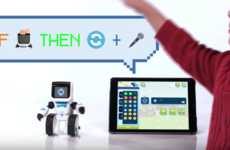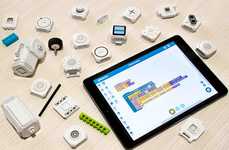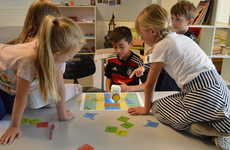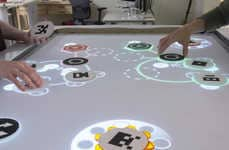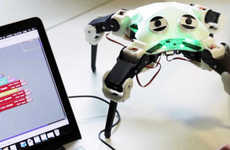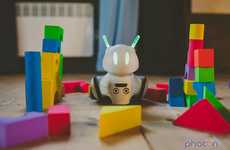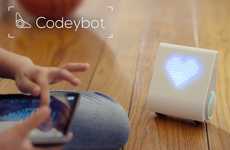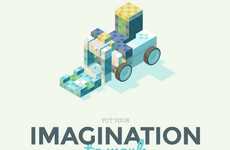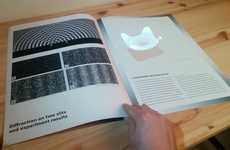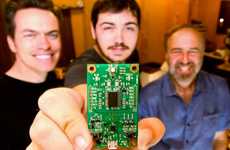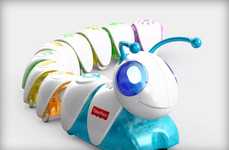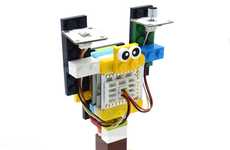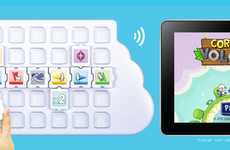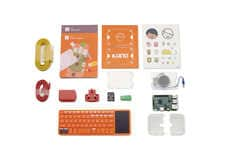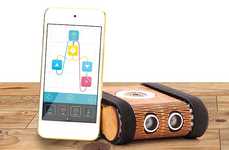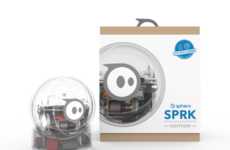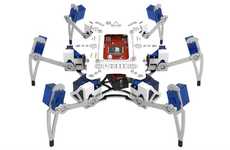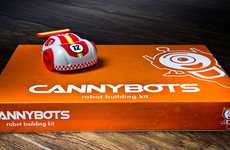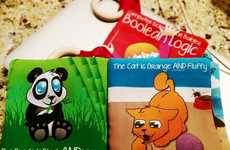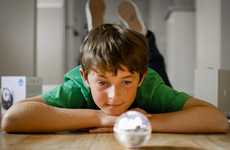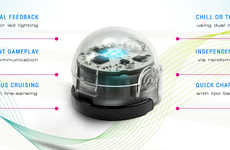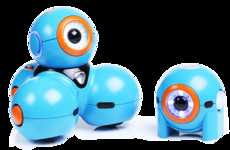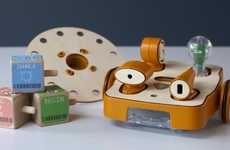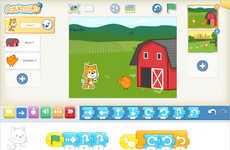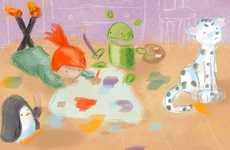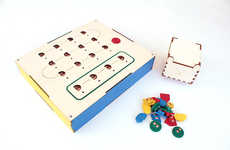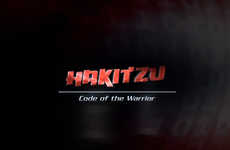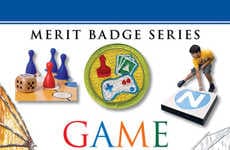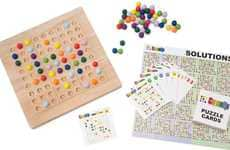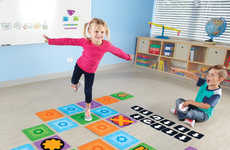
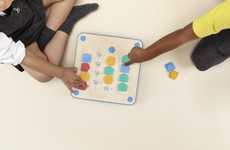
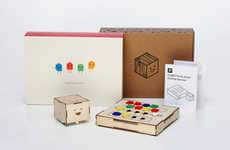
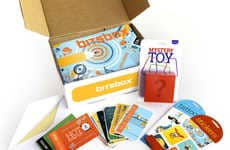
Children are introduced to high-tech concepts like coding through low-tech means
Implications - Appealing to parents' desire to limit their children's exposure (and dependence) on technology, toy brands are offering products that teach high-tech skills without a high-tech design. Speaking to two shifts in the world of parenting, this approach offers the best of both worlds: a nostalgic, tech-free approach to toys with benefits that go beyond entertainment.
Workshop Question - What's a seemingly competing benefit you could integrate into your offering?
Trend Themes
1. No-tech Learning - Parents are turning to non-digital methods of teaching advanced skills to their children, with the 'Let's Go Code! Activity Set' for kids doing away with technology entirely.
2. Hands-on Learning - A new wave of coding toys shows that teaching programming can be made more engaging and fun by using tangible, hands-on means, like the physical block-based instructions of the 'Cubetto' playset.
3. Subscription Learning - Subscription-based services like 'Bitsbox' show that delivering new and challenging lessons to kids can be an ongoing, profitable venture.
Industry Implications
1. Toy Industry - Innovation will lead to more sophisticated and engaging products that inspire creativity and an interest in science, technology, engineering, and math (STEM) at younger ages.
2. Technology Industry - Disruptive innovation will require more talent with advanced coding and engineering skills, which introduces new opportunities for companies focused on educating young children.
3. Education Industry - As technology advances to influence the workforce, student learning will have to parallel these innovations, increasing funding for quality educational materials that teach programming basics at a young age.

